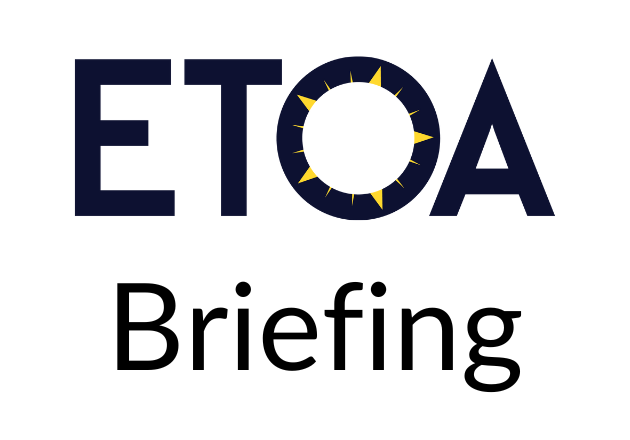Page last reviewed August 2025
28 July 2025 | The European Commission has launched a consultation on the special VAT scheme for travel agents (TOMS) and VAT rules on passenger transport. The consultation closes on 16th October. Indicative planning suggests the outcome could be a legislative proposal 2026 Q4.
25 April 2025 | Switzerland has issued clarification about operation of TOMS further to new rules effective this year. See ‘Switzerland‘ below.
Summary
How tourism is taxed is the most influential factor on business viability. The added value of intermediation is often poorly understood. Regarding VAT, the EU is at a disadvantage for three reasons: it taxes tourism exports, the price of holidays to non-EU destinations is VAT-free, and there is additional complexity due to the range of rates applicable (discounted VAT has been shown to support job-generation).
VAT reporting and collection is complicated in a business where costs are spread over many countries, among multiple service types, with buyers in the EU or worldwide. The Tour Operators Margin Scheme (TOMS) remains an intelligent simplification: it shares tax benefit between destination and EU operator’s country of establishment; it minimises the need for multiple registration; it is relatively easy to administer.
However, TOMS still taxes exports to non-EU clients. It does not apply to non-EU businesses selling EU product (there is very little volume in retail sales of EU travel product to non-EU consumers). Relocation driven by tax efficiency is often not open to small businesses. The service of packaging is often not understood as taking place where consumer or client are located, rather than where the package itself is delivered.
Switzerland
In late 2024, Switzerland has announced its intention to impose VAT on all consumer sales of Swiss hotel products that take place outside a “bundled” itinerary. Official guidance, considered ambiguous my many, was provided here: DE FR. It appeared that any business whose B2C turnover was more than 50% FIT may be within scope of this new proposal. In March 2025, a clarification was issued: references to 50% have been removed, and car rental was confirmed to fall within TOMS if provided as part of a bundle. The full text (which is only available in German) is as follows: Swiss TOMS circular 2025 Swiss entry into force circular 2025
What you need to know
- The EU is reviewing how VAT should apply to travel and tourism: significant change is likely
- Understanding of how the travel trade works is often insufficient among policy makers
- There is an urgent need to illustrate the impact of options on business, EU and non-EU
- Publicly-funded tourism bodies cannot easily object to government policy
For note on UK application of TOMS from 2021, see Elman Wall newsletter.
ETOA’s policy objectives
- Exports of tourism products and services should not be taxed in destination
- Value-adding should be encouraged, among businesses of all sizes
- Ease of compliance, with better consultation and notice of change
For more detail, see common industry position, 2023.
What we are doing
- Lobbying and participation in expert group on legislative review
- Expert advice through seminars, online briefings and helpline
- Research and reports
Reforming TOMS: updates
July 2025 | The European Commission has launched a consultation on the special VAT scheme for travel agents (TOMS) and VAT rules on passenger transport. Of particular interest to ETOA members is how the problem is framed – that non-EU sales benefit from a competitive advantage:
“The special scheme for travel agents is causing important distortions of competition. First, the margin of non-EU travel agents selling travel services in the EU is not taxed due to the rule of taxation at origin. This competitive advantage of non-EU travel agents (which are more easily active in the EU due to digitisation) is valued in the study at 2-4% of the final price. Rigidities in the treatment of B2B supplies (e.g., wholesale supplies and organisation of business events) are also an important cause of distortions as VAT on business travelling cannot be deducted. Finally, Member States apply these rules in very different ways which create intra-EU distortions.”
The Consultation closes on 16th October 2025. Indicative planning suggests the outcome could be a legislative proposal 2026 Q4. As views vary among members states on the merits, and unanimity among EU27 is required, progress is challenging.
For more information about the 2025 initiative for reform and related call for evidence (as distinct from consultation above), click here.
Tax reform is complex. At an EU level, significant regulatory change requires unanimity among all member states. Tax on tourism makes sense if it improves infrastructure and service. Looking after and making accessible Europe’s cultural and natural heritage requires funding. Taxation without benefit to the taxpayer may bring short-term relief to hard-pressed budgets, but it will cause long-term competitive harm.




